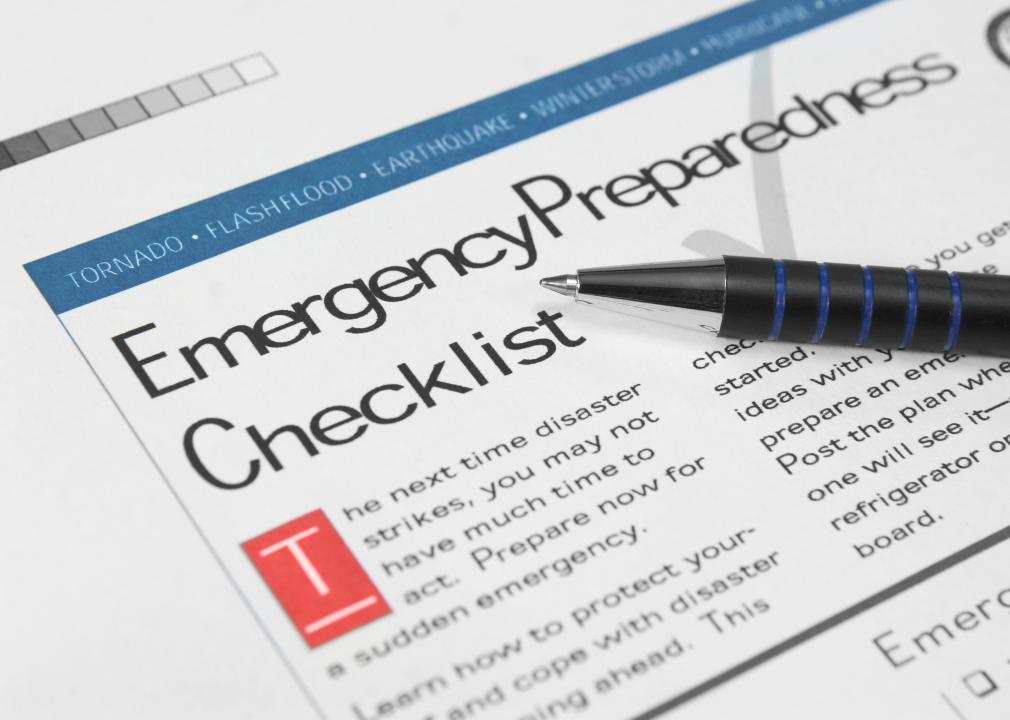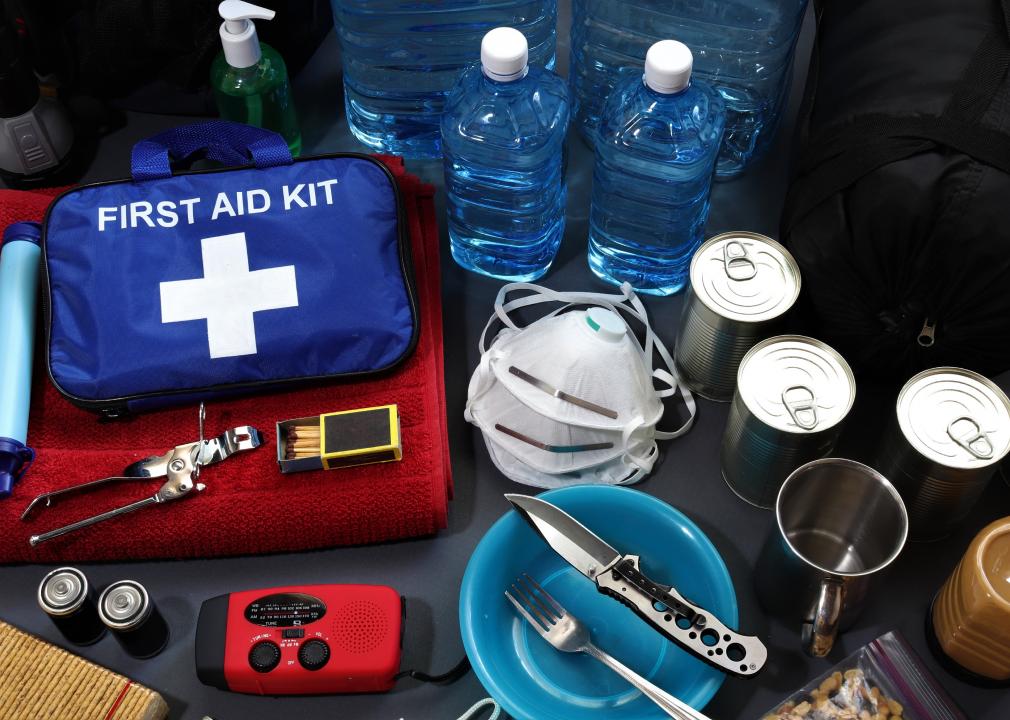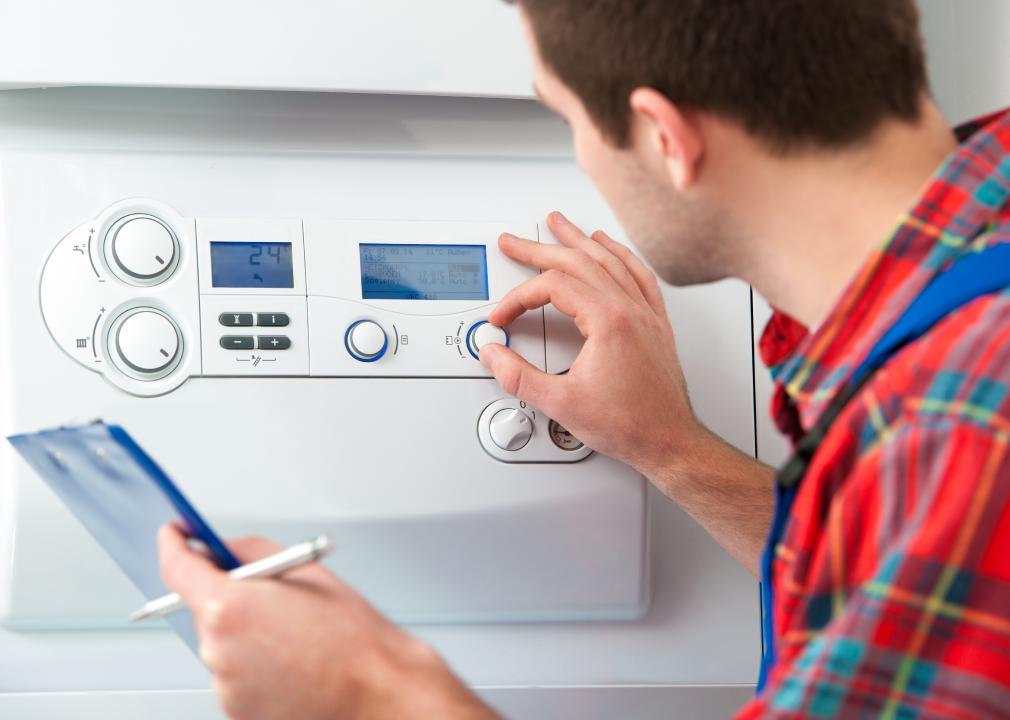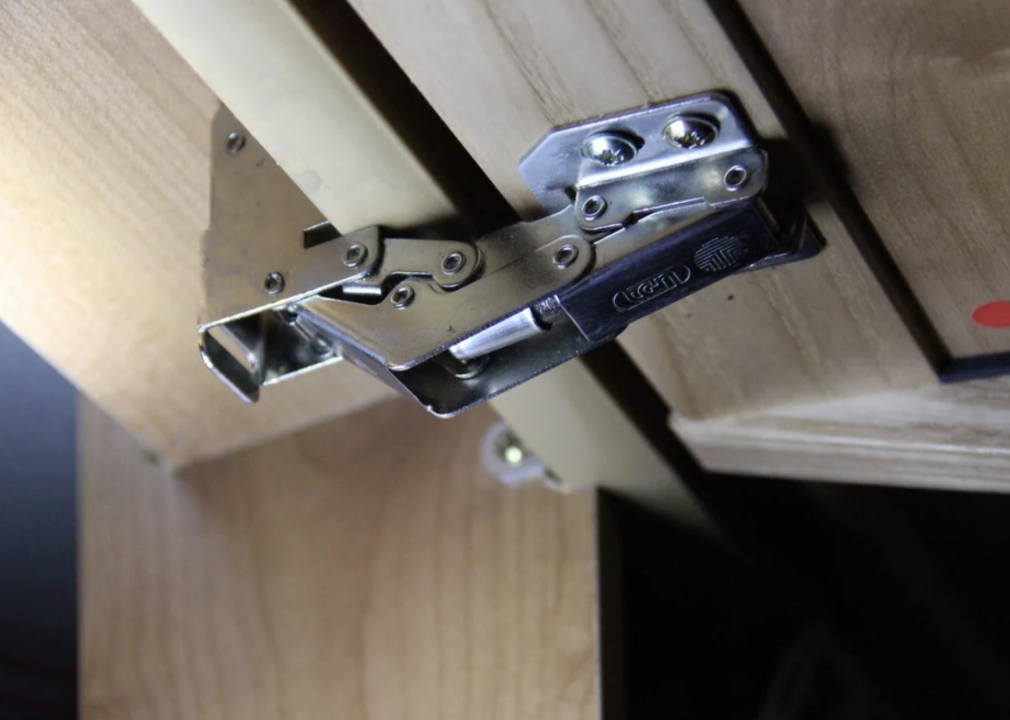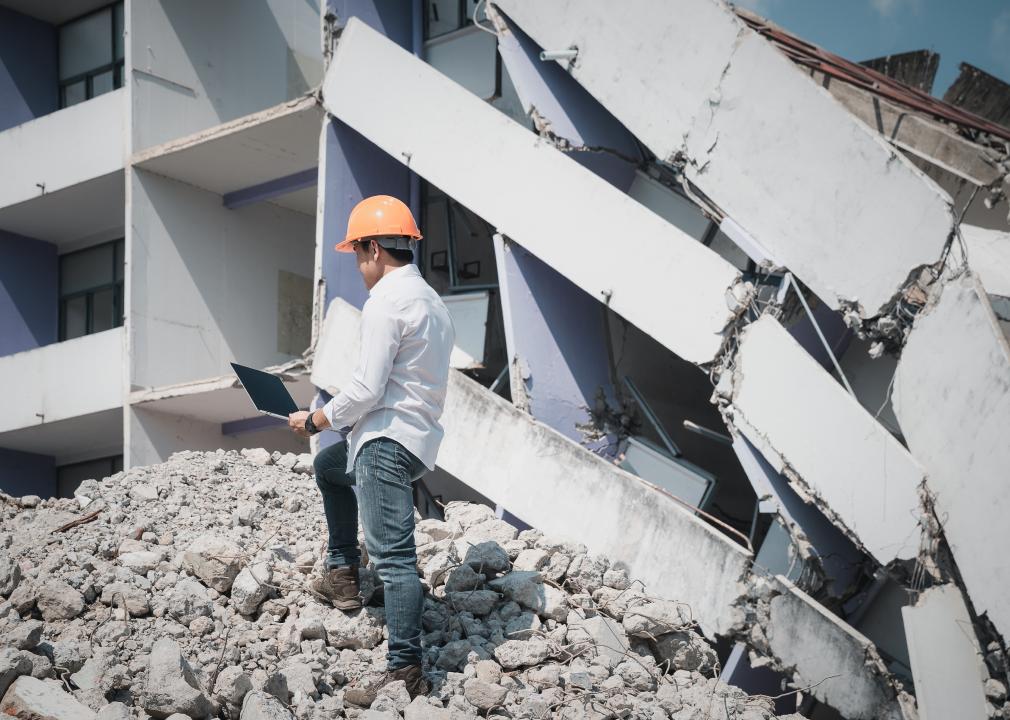15 precautions to take to prepare for an earthquake
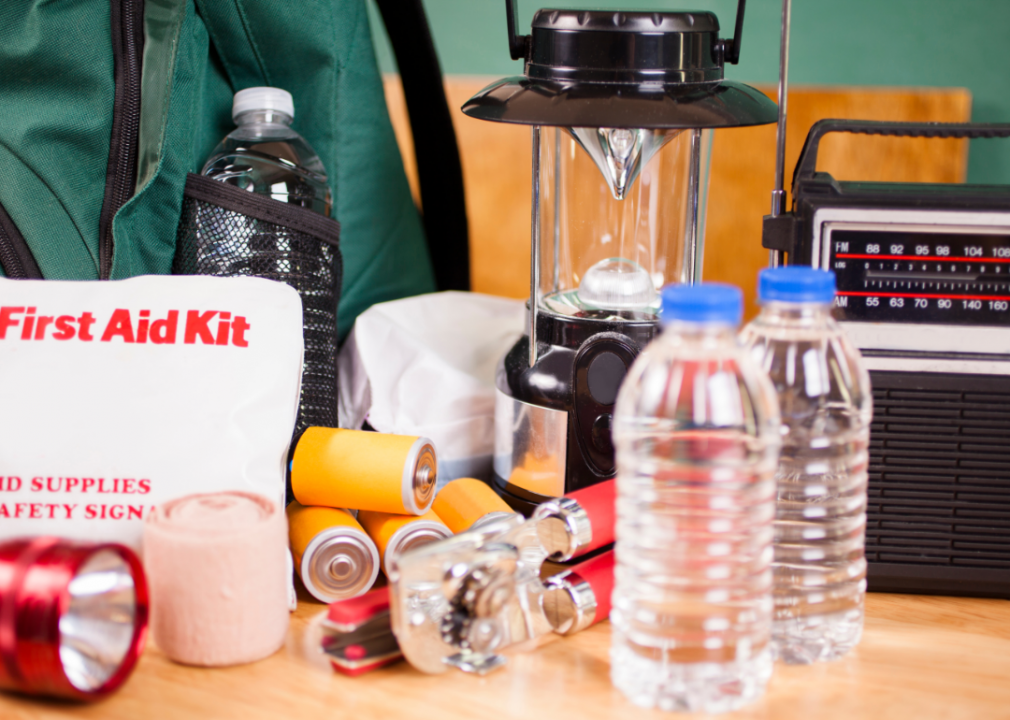
Canva
15 precautions to take to prepare for an earthquake
It might start as a disconcerting sensation of being slightly off-balance or the detection of an unusual rumbling. You might notice your pets acting erratically. Suddenly, it seems like the whole world is shaking: Books fall off shelves, furniture topples, windows shatter. Before you know it, the earthquake is over—leaving only destruction and devastation in its wake.
The lack of advance notice might be the scariest part about earthquakes: The United States Geological Survey’s early warning program can only alert you of an impending earthquake a few seconds to a minute ahead of time. Since you will have a brief instant to take cover (at most), it’s crucial to prepare your home and family for an earthquake ahead of time.
While taking these steps would be helpful for residents across the country, anyone who lives in one of the most earthquake-prone areas of the United States should pay particular notice to this plan. Seismologists and other scientists may not be able to predict when the “big one” will strike, but preparing yourself ]will give you some peace of mind. Stacker used resources from the Department of Homeland Security, the Federal Emergency Management Agency (FEMA), and other experts to compile a list of 15 ways you can prepare for an earthquake.
You may also like: Natural disasters linked to climate change
![]()
igorfrontier // Shutterstock
#1. Make an emergency plan
Every person should have an emergency plan ready to go no matter where you live or what kind of natural disaster you’re most worried about. Sign up for emergency alerts and warnings in your area, decide where you will seek shelter, learn your evacuation route, and figure out how you will communicate with other members of your household in an emergency.
Roger Brown Photography // Shutterstock
#2. Prepare your emergency supply kit
Every household should also have an emergency supply kit and go bags prepared for each person. That way, no matter what happens, you’ll have everything you need to survive a disaster.
Justin Sullivan // Getty Images
#3. Practice taking cover
When you feel an earthquake, you immediately need to drop, cover, and hold. Drop down onto your hands and knees, crawl to shelter under a sturdy desk or table, and hold onto your shelter.
Ollyy // Shutterstock
#4. Teach everyone how to signal for help
Taking cover under a strong table or desk could prevent you from getting hurt, but you might still be trapped underneath all kinds of debris. Practice signalling for help by knocking loudly or whistling so you can call out to rescuers in case you need assistance.
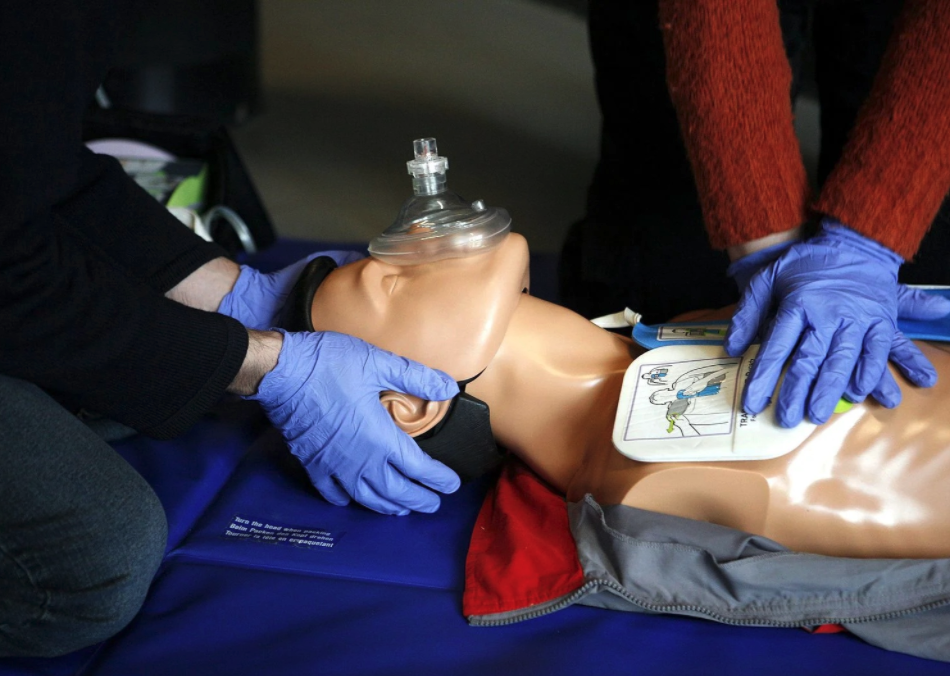
Rama // Wikimedia Commons
#5. Learn basic first aid
You never know when you might need to perform first aid on someone—especially in an emergency situation. Sign up for a Red Cross first aid training class to make sure you’re prepared.
You may also like: 30 incredible photos that show the true power of nature
KomootP // Shutterstock
#6. Get your home checked by a structural engineer
During an earthquake, your home could slide off its foundation or even collapse. That’s not only dangerous but could cause hundreds of thousands of dollars in damage. A preventative retrofit, by contrast, can cost as little as $5,000 and potentially save your life.
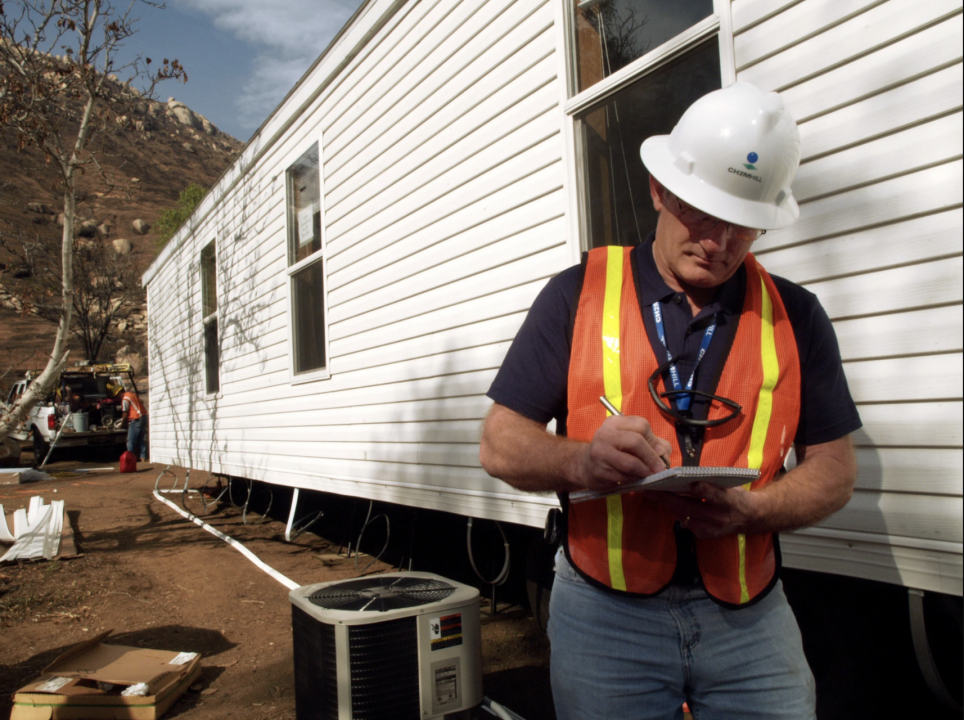
Amanda Bicknell // Wikimedia Commons
#7. Hire a contractor to check your gas connections
Earthquakes can rip rigid gas lines from the walls, causing a gas leak that could lead to fire or explosion. Have flexible connection pipes installed to mitigate the risk.
Alexander Raths // Shutterstock
#8. Learn how to shut off your gas manually
You might not be able to tell if your gas line breaks during an earthquake. Even if you can’t smell gas or see any exposed pipes, it’s best to shut off the gas immediately to be safe. Practice shutting off the line before an earthquake so you know exactly what you need to do in case of emergency.
ALPA PROD // Shutterstock
#9. Get a fire extinguisher
Every home should have a fire extinguisher: You never know when you might need one. After an earthquake, you might have to put out a fire caused by a gas leak or downed power lines. Fire extinguishers should be in the kitchen and on every floor of a home.
Andrey_Popov // Shutterstock
#10. Secure your appliances
Think about the size of your refrigerator. Would you be able to lift it up by yourself? Probably not. Prevent any large appliances or pieces of furniture from coming loose during an earthquake by attaching them to the walls with nylon straps, heavy duty hooks or bolts.
You may also like: Major cities most at risk of rising sea levels
Mattis // Wikimedia Commons
#11. Install safety latches on kitchen cabinets
Child-safe latches will also keep you safe from falling dishes, pots, and pans during an earthquake.
Undrey // Shutterstock
#12. Secure all other loose objects
Search your home for anything else that could fall during an earthquake, such as artwork, light fixtures, and vases. Attach them to walls or tables with museum wax or earthquake putty.
gpointstudio // Shutterstock
#13. Move your bed away from windows
If possible, move your bed away from any windows. Earthquakes can break the windows, causing a shower of broken glass to fall on top of you. It’s also not a good idea to hang heavy frames or shelves above your bed for this reason.
Mix Tape // Shutterstock
#14. Download maps of your city for offline access
Powerful earthquakes can knock out both power and cell service for hours or days. If you usually rely on Google Maps to get around town, you’ll be out of luck. Download maps of your area for online access or purchase paper copies of local maps.
KorArkaR // Shutterstock
#15. Consider earthquake insurance
Typical homeowner insurance policies don’t cover damage from earthquakes. If you live in a particularly earthquake-prone area, you might want to consider purchasing additional earthquake insurance to help you repair your home more quickly after a disaster.
You may also like: 30 of the most devastating hailstorms in US history
